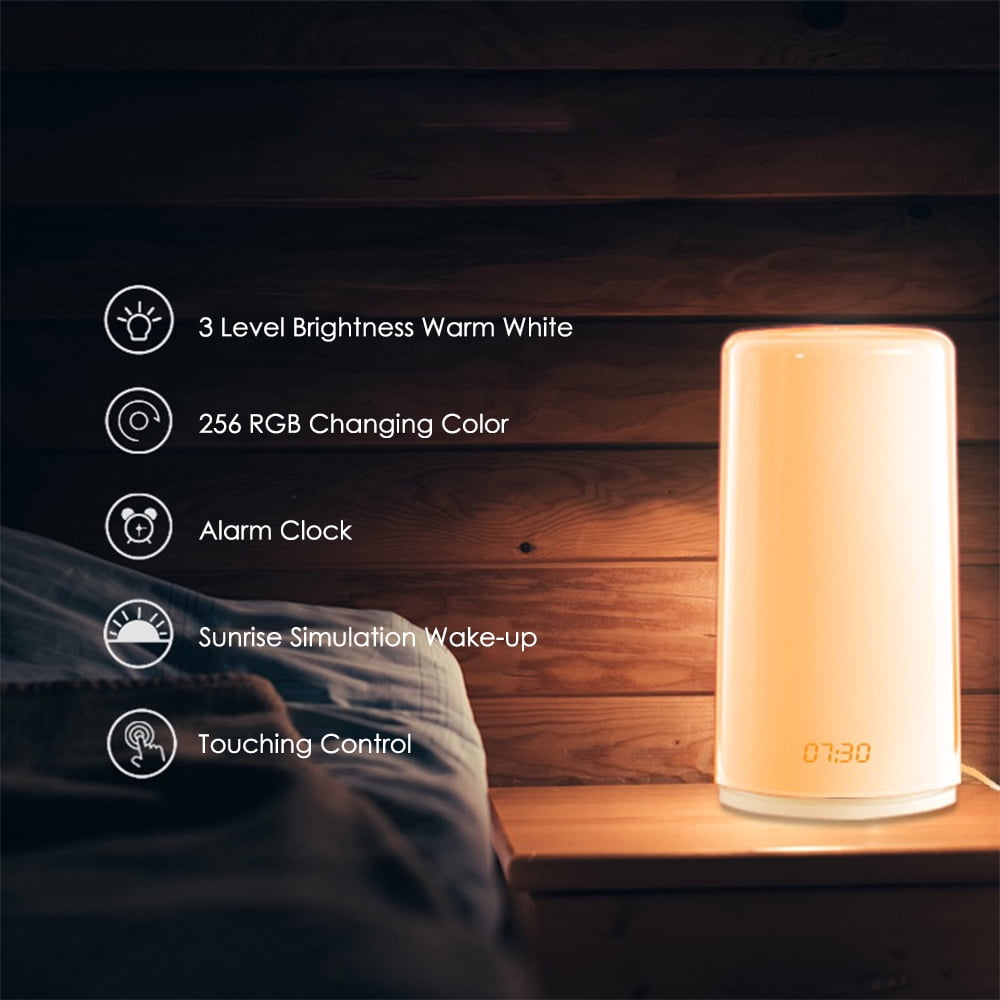

This means that you no longer need to measure with your oral thermometer as soon as you wake up! Learn more here. When wearing an Oura Ring, your temperature trends get measured overnight while you sleep. Note: If you are struggling with your measuring routine, know that you now have the option to use Natural Cycles with an Oura Ring. We write more about ovulation detection in this article. When the temperature has risen enough to confirm ovulation, the most likely ovulation day gets calculated from the temperature curve. In the luteal phase (ovulation to period), your body releases progesterone, raising your temperature above the cover line. During your follicular phase (first period day to ovulation), your temperature generally stays below your cover line. While the average temperature for the follicular and luteal phase differs from person to person, your temperature follows a curve with lower temperatures in the follicular phase and higher temperatures in the luteal phase. Over time, you will understand when to exclude your temperature, for example, if you see that a temperature is unusually high or low for the cycle phase that you are in. It also gets your blood pumping so you feel more alert in the moment (and throughout the day). Start Your Day With a Workout Exercising in the morning can boost deep sleep, meaning you wake fewer times after initially falling asleep at night. This will help you understand how your temperature varies throughout your cycle as well as track whether your temperatures fluctuate. It helps wake up your body by boosting circulation and decreasing pain. To help you determine if a temperature should be excluded, we encourage you to look at your graph frequently, preferably every day after you have logged your daily temperature. Exclude your temperature if you feel that something was out of the ordinary for you and you feel differently in the morning because of it. For instance, waking up at night might affect your temperature more or less than others. It is important to keep in mind that everyone is unique, and your body may react differently to different situations. You need to measure while lying down and as soon as you wake up otherwise, the temperature will be affected by not measuring right away. If you measure after having gone back to sleep, you should exclude your temperature for that day.Īs a reminder, movement (sitting up/getting out of bed), interrupted sleep, and being awake will affect your temperature. In this case, we recommend that you measure as soon as you wake up the first time in the morning. If you wake up close to your measuring time but go back to sleep, your body may not be in a rested enough state when you measure later. Waking up close to your regular measuring time If this only happens occasionally, you can instead exclude your temperature the following morning.

Our recommendation in these instances is that you measure after your longest stretch of sleep. If you stay awake for some time after waking up at night (for instance, to tend to a child, or if you just struggle with getting back to sleep), it may be harder to catch your BBT. In this case, you can measure as usual at your standard waking time in the morning. If you tend to wake up during the night, for instance, to use the restroom or have a glass of water, and you quickly fall back asleep, this will usually not affect your temperature. This is when you will get a chance to catch your basal body temperature (BBT) - your body’s lowest resting temperature. The most important thing to keep in mind for getting good temperature data is that you measure when your body is at its most rested state. We will list a few common scenarios below, and when we recommend measuring in each case. From sounds as loud as an ambulance to vibrating pods that literally shake you awake, these alarm clocks might use annoying methods-but they'll actually get heavy sleepers out of bed in the morning.When it comes to waking up during the night, there are a few things to consider.

So to help you out, we scoured the internet to find the best alarm clocks for heavy sleepers. Since there are so many different types of alarm clocks available to buy online, it can be hard to figure out which ones will actually wake you up from deep sleep. Instead of relying on your smartphone's alarms, consider upgrading to an alarm clock that's loud enough to wake up even the heaviest sleepers. If you've missed more than a few morning meetings from regularly oversleeping, then it's time for an alarm clock that makes it nearly impossible to press snooze and stay in bed.


 0 kommentar(er)
0 kommentar(er)
